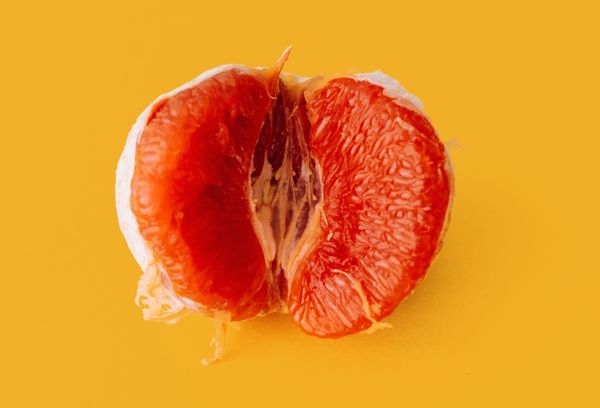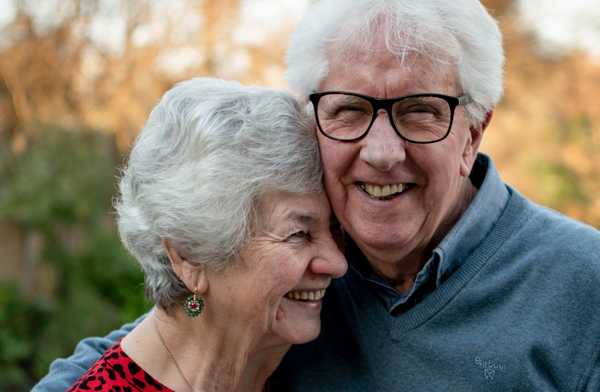There are moments in life when you hear or read about something that makes you appreciate the things you usually take for granted, like having access to a bathroom and enough money to buy menstrual products every month.
I’ve admittedly never even thought about what I would do without tampons or sanitary pads because I’ve always been able to afford them, but I know it would be extremely hard and embarrassing if I wasn’t.
The sad truth though, is there are thousands of homeless women who find themselves in the devastating situation in which they have to choose between buying something to eat or purchasing sanitary pads each month. Twenty-one-year-old Zoe, who lives in a housing center in London, is one of those women.
“When I was on the streets, I actually found it easier to get food or toothbrushes than stuff for my periods. There was nowhere to find that stuff and I was obviously too embarrassed to ask strangers for it.”
Another woman, Jill, a homeless woman in her late 20s, explains how challenging menstruation was when she first became homeless.
“I used to just get loads of tissues from public loos, instead of pads, but it’s a mess. And you’ve got no clean underwear. You feel dirty anyway, don’t you. But you just feel disgusting and there’s nothing you can do.”
While most homeless shelters receive government funding to provide condoms and certain medication to distribute to the less fortunate, they don’t receive any financial assistance to provide sanitary products.
The consequences of not having necessary sanitary products are far more serious than just stained underwear. Women without access to a clean bathroom or laundry facilities risk their health by using unhygienic rags or other pieces of old fabric as pads. Moreover, they feel helpless, isolated and ashamed, leaving many resorting to theft as a means of having a dignified period.
It’s a largely ignored issue that’s sparked petitions and crowdfunding aimed at giving women living on the street access to menstrual products free of charge. One such campaign is The Homeless Period, a movement that offers information on how to help through donations to your local shelter, and signing a petition asking for government funding of sanitary products. To draw attention to the issue, the group launched a video last year made up of a montage of cardboard boxes with messages scrawled across them aimed at highlighting the struggle menstruating women on the streets face every month.
There are currently an estimated 200,000 women braving the streets each night in the US alone.
Buying tampons or pads simply cannot be a privilege reserved for women who can afford it. With a box of tampons easily setting us back $6 or more, it’s not hard to see how it becomes a luxury product for a lot of people, especially considering the disposable nature of it.
This makes the fact sanitary products are t axed in most countries seem all the more ridiculous. Paying an extra five to 10 per cent for a product that’s an annoying necessity for women – not a product we buy for pleasure – is unfair and sexist. Regardless of tampons being taxed or not, women who can’t even afford food most days can’t be expected to spend money on tampons.
It’s another reason we need to lift the taboo of talking about women’s periods. We’ve been made to feel ashamed about one of our body’s most natural, basic functions for decades, so much so, that eve n the idea of displaying a box of tampons on our desk at work seems crazy.
The women who suffer most while we continue to punish women for menstruating with inaccessible resources and hushed voices, are the ones who don’t have a voice. Homeless women are trying their best not to lose the one thing that shouldn’t require money, their dignity. Isn’t that something worth fighting for?
This story originally appeared on SHE'SAID', a global women's lifestyle website, and was written by Nadine Dilong .
Nadine is a beauty writer who's always on the hunt for the perfect nude lipstick and the best Instagram filter. She has a weakness for handbags and never says no to a cup of strong coffee.
Follow SHE'SAID' on Twitter and Facebook and check out these related stories:






















